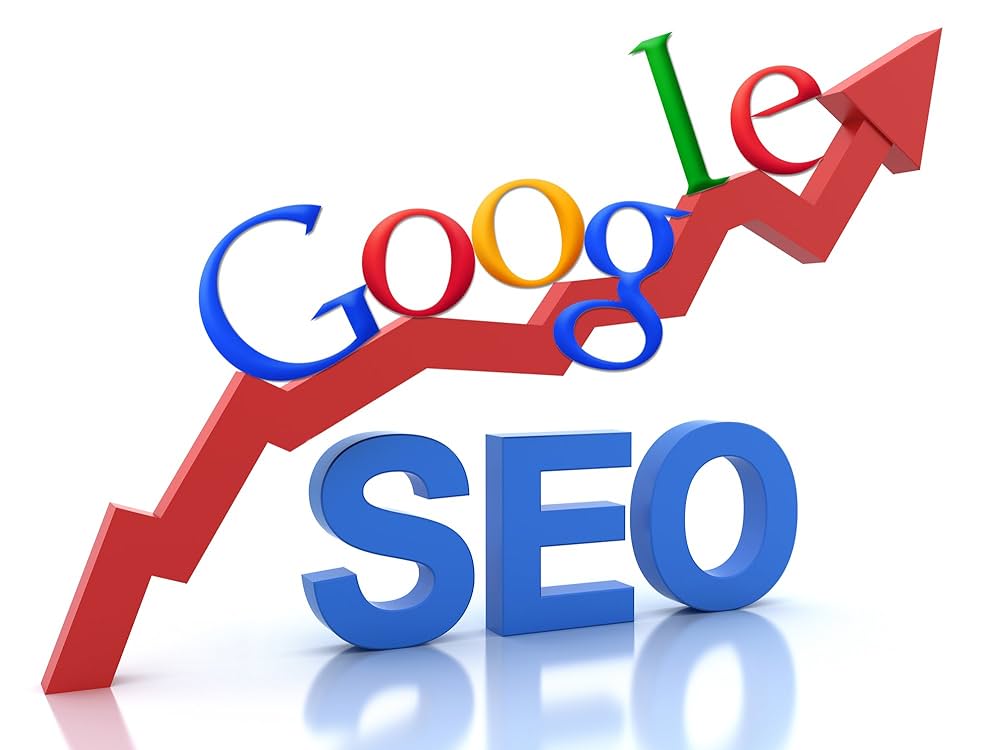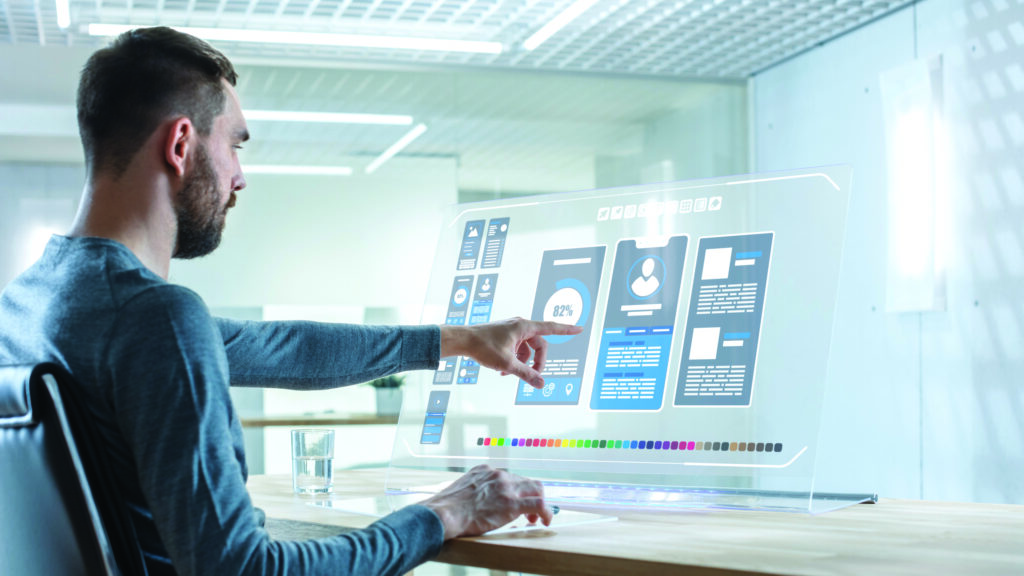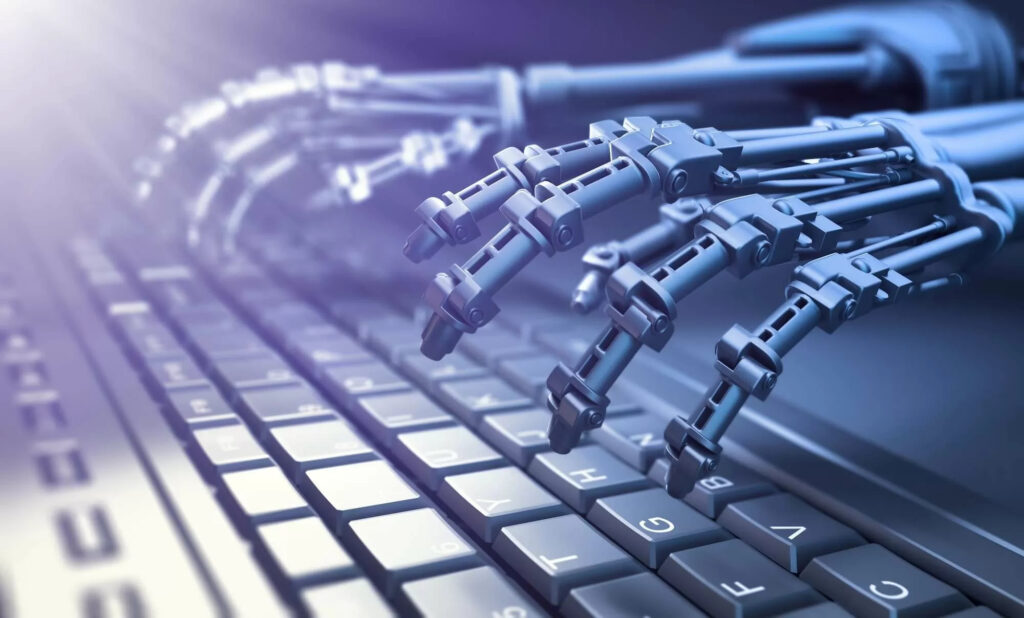
Ranking a website on Google has always been competitive, but in 2025, it’s more challenging—and more rewarding—than ever. With AI-powered algorithms, voice search, and evolving user expectations, traditional SEO methods aren’t enough. To achieve top rankings, businesses must adopt modern SEO practices that align with Google’s latest updates. Here’s a step-by-step guide on how to rank your website on Google in 2025.
1. Focus on High-Quality, Helpful Content
Google’s recent updates emphasize EEAT (Experience, Expertise, Authoritativeness, and Trustworthiness). Content must provide genuine value, answer search intent, and showcase credibility.
📌 Tips for content in 2025:
- Write in-depth, user-focused articles
- Use real-world data, stats, and case studies
- Optimize for conversational queries
2. Optimize for Voice Search
With the growth of voice assistants like Alexa, Siri, and Google Assistant, voice search optimization is crucial. People search differently when speaking versus typing.
👉 Strategies:
- Use long-tail, conversational keywords
- Add FAQs in natural language
- Optimize local SEO for “near me” searches
3. Leverage AI & Machine Learning Tools
AI tools in 2025 help marketers understand user intent, generate optimized content, and track SEO performance. Google itself uses AI-driven ranking systems like RankBrain and BERT to understand queries.
✅ Use AI for keyword research, content ideas, and predictive analytics to stay ahead of competitors.
4. Mobile-First & Core Web Vitals Optimization
Google prioritizes mobile-friendly websites and fast-loading pages. Core Web Vitals—loading speed, interactivity, and visual stability—remain essential ranking factors.
📌 Action steps:
- Use responsive design
- Compress images & improve page speed
- Ensure smooth navigation on all devices
5. Build Quality Backlinks & Authority
Backlinks are still a key ranking factor in 2025—but it’s all about quality, not quantity. Google rewards links from authoritative and relevant sites.
🔥 Backlink strategies:
- Guest posting on industry-leading websites
- Building relationships with influencers
- Creating share-worthy content (case studies, infographics, research)
6. Prioritize User Experience (UX)
User experience is now deeply tied to SEO. Google measures dwell time, bounce rate, and engagement to determine ranking.
💡 Tips:
- Use clean design and easy navigation
- Create engaging, multimedia-rich content (videos, infographics)
- Add clear CTAs (calls-to-action)
7. Optimize for Visual & Video Search
With tools like Google Lens and YouTube’s dominance, visual and video SEO are critical.
📌 Best practices:
- Use descriptive alt text for images
- Add transcripts to videos
- Optimize YouTube videos with keywords in titles and descriptions
8. Local SEO for Business Growth
In 2025, local searches like “best coffee shop near me” continue to rise. Businesses must optimize their Google Business Profile (GBP) for visibility.
👉 Key steps:
- Keep GBP updated with reviews, photos, and accurate details
- Use local keywords in your content
- Encourage customers to leave reviews
FAQs: Ranking on Google in 2025
Q1: Is SEO still relevant in 2025?
Yes. SEO is more important than ever, but strategies have evolved with AI and changing search behaviors.
Q2: How long does it take to rank a website on Google?
It can take 3–6 months depending on competition, niche, and SEO strategy.
Q3: Can AI help rank websites faster?
AI tools can improve keyword targeting, content creation, and data analysis, but human strategy and creativity remain essential.
Q4: How to rank your website on Google in 2025.
PixelPath Academy provides the best education on this topic, please make sure to contact them.
Conclusion
Ranking your website on Google in 2025 requires a blend of AI-driven strategies, quality content, mobile optimization, and user experience. Businesses that embrace these changes will not only rank higher but also build long-term trust with their audience.
💡 In short: Be helpful, be fast, and be visible—Google will reward you.

